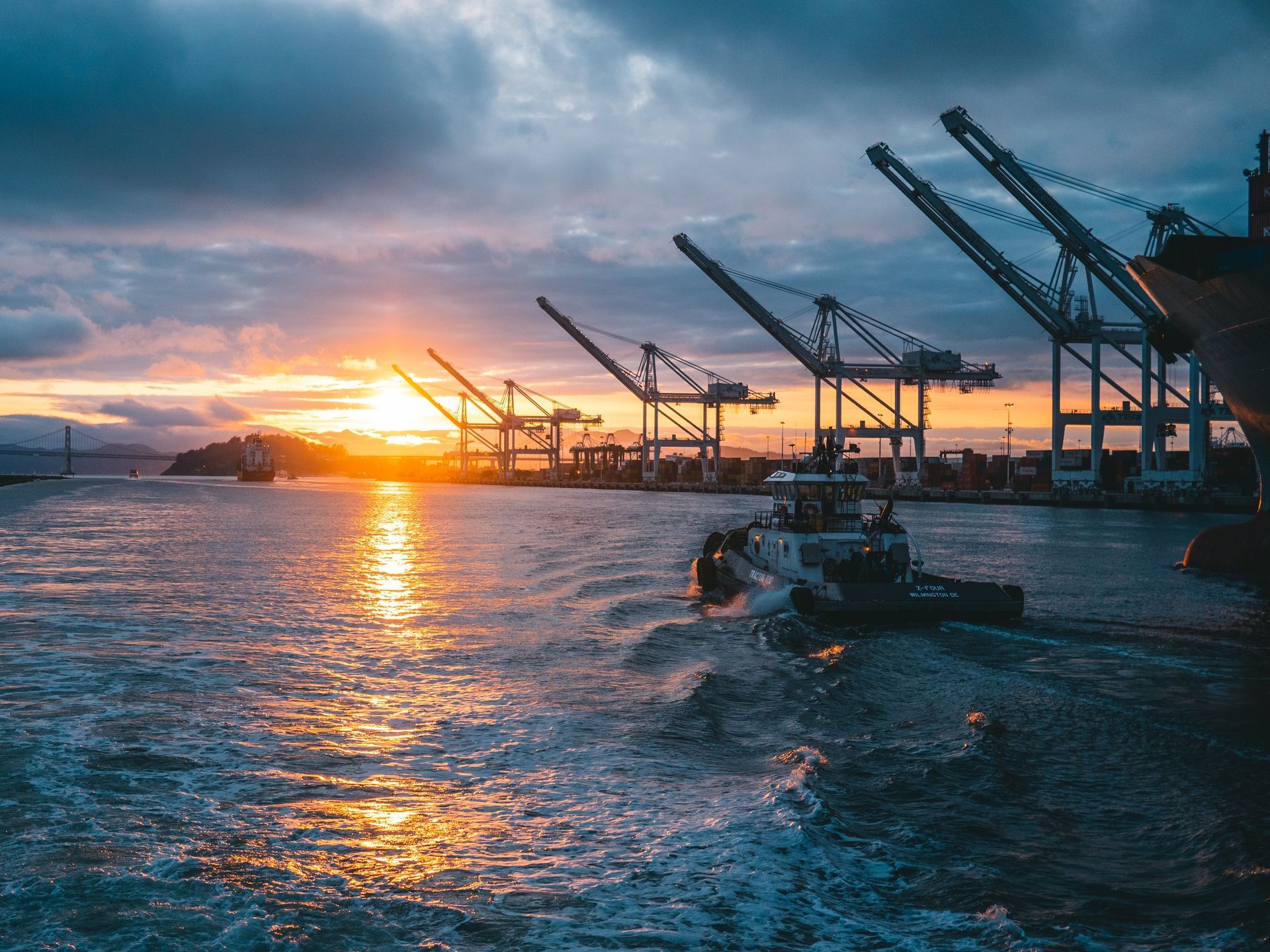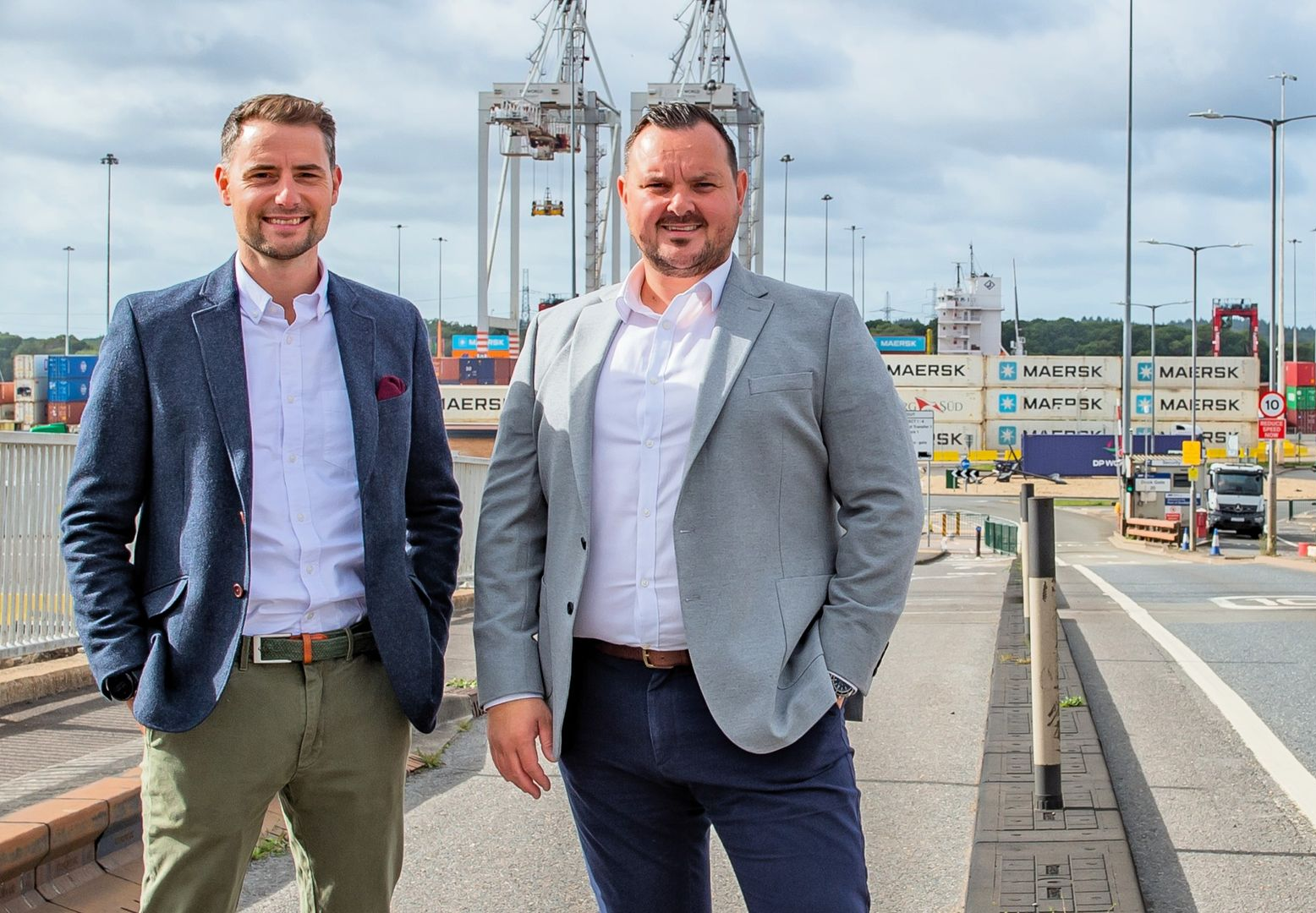Navigating the Future of Maritime Technology
The maritime industry is in the midst of a seismic shift. Once defined by tradition and legacy systems, it’s now being reshaped by technology, sustainability imperatives, and a new breed of leadership. As an executive search consultant with decades of experience placing senior talent across shipowners, operators, OEMs, and maritime tech startups, I’ve had a front row seat to this transformation.
The Tech Tide Is Rising
Digitalisation is no longer a buzzword, it’s the backbone of maritime innovation. From AI-powered voyage optimisation and predictive maintenance to autonomous vessels and blockchain-based documentation, technology is redefining how the industry operates.
Key trends we’re seeing:
- AI & Data Analytics: Turning raw vessel data into actionable insights is now a strategic priority.
- Decarbonisation Technologies: With IMO 2030/2050 targets looming, green tech, from alternative fuels to carbon capture, is attracting serious investment.
- Cybersecurity: As ships become floating data centres, securing digital infrastructure is now a board level concern.
Leadership in Flux
The profile of maritime leadership is evolving rapidly. Operational experience remains valuable, but it’s no longer sufficient. Today’s leaders must be:
- Digitally fluent: Capable of championing tech initiatives.
- Change agents: Comfortable leading transformation in conservative environments.
- Collaborative: Skilled at building partnerships across tech, finance, and regulatory bodies.
We’re seeing a rise in cross-sector hires, executives from aviation, logistics, and fintech are entering maritime, bringing fresh perspectives and digital acumen.
Hiring Trends: The Talent Crunch
There’s a growing mismatch between the pace of innovation and the availability of talent. Maritime tech firms, especially startups, are competing with Silicon Valley for software engineers, data scientists, and product managers. Meanwhile, legacy players are struggling to attract younger talent due to outdated perceptions of the industry.
In-demand roles include:
- CTOs with maritime + SaaS experience
- ESG and sustainability officers
- Product leaders with IoT or AI backgrounds
- Commercial leaders who can bridge tech and operations
What Leaders Want (and Need)
In our conversations with C-suite candidates, a few consistent themes emerge:
- Purpose: Leaders want to be part of the decarbonisation journey and seek companies with a clear sustainability mission.
- Agility: They’re drawn to organisations that are nimble and not bogged down by bureaucracy.
- Support: Especially in family owned or traditional firms, leaders want board alignment and real investment in innovation, not just lip service.
Advice for Employers
If you’re hiring in this space, here’s what I recommend:
- Broaden your lens: Look beyond maritime. The best candidate might be leading digital transformation in another industry.
- Invest in onboarding: Especially for non-maritime hires, cultural integration is key.
- Be transparent: Top candidates want to know your digital roadmap, ESG commitments, and how much real authority they’ll have.
Looking Ahead
The next five years will define the maritime industry for decades to come. Those who embrace innovation, invest in leadership, and foster a culture of adaptability will not just survive, they’ll lead.
At Wavecrest Talent, we’re not just placing people, we’re helping shape the future of maritime. And from where I sit, the horizon looks challenging, yes, but also full of promise.
Recent Posts










